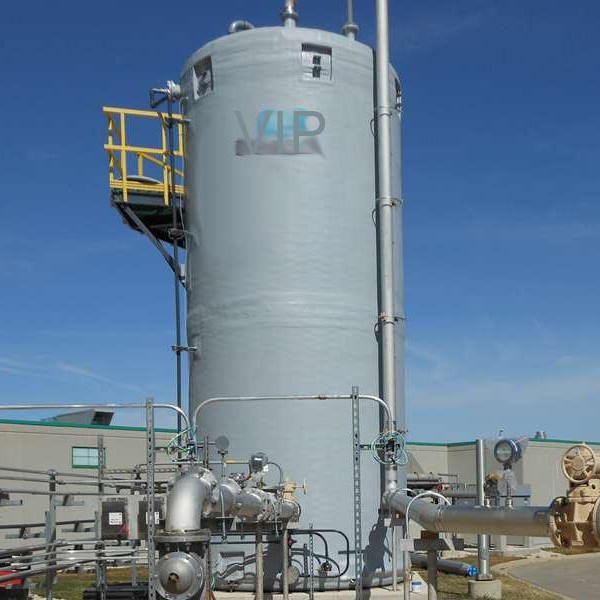
-
 Afrikaans
Afrikaans -
 Albanian
Albanian -
 Amharic
Amharic -
 Arabic
Arabic -
 Armenian
Armenian -
 Azerbaijani
Azerbaijani -
 Basque
Basque -
 Belarusian
Belarusian -
 Bengali
Bengali -
 Bosnian
Bosnian -
 Bulgarian
Bulgarian -
 Catalan
Catalan -
 Cebuano
Cebuano -
 China
China -
 China (Taiwan)
China (Taiwan) -
 Corsican
Corsican -
 Croatian
Croatian -
 Czech
Czech -
 Danish
Danish -
 Dutch
Dutch -
 English
English -
 Esperanto
Esperanto -
 Estonian
Estonian -
 Finnish
Finnish -
 French
French -
 Frisian
Frisian -
 Galician
Galician -
 Georgian
Georgian -
 German
German -
 Greek
Greek -
 Gujarati
Gujarati -
 Haitian Creole
Haitian Creole -
 hausa
hausa -
 hawaiian
hawaiian -
 Hebrew
Hebrew -
 Hindi
Hindi -
 Miao
Miao -
 Hungarian
Hungarian -
 Icelandic
Icelandic -
 igbo
igbo -
 Indonesian
Indonesian -
 irish
irish -
 Italian
Italian -
 Japanese
Japanese -
 Javanese
Javanese -
 Kannada
Kannada -
 kazakh
kazakh -
 Khmer
Khmer -
 Rwandese
Rwandese -
 Korean
Korean -
 Kurdish
Kurdish -
 Kyrgyz
Kyrgyz -
 Lao
Lao -
 Latin
Latin -
 Latvian
Latvian -
 Lithuanian
Lithuanian -
 Luxembourgish
Luxembourgish -
 Macedonian
Macedonian -
 Malgashi
Malgashi -
 Malay
Malay -
 Malayalam
Malayalam -
 Maltese
Maltese -
 Maori
Maori -
 Marathi
Marathi -
 Mongolian
Mongolian -
 Myanmar
Myanmar -
 Nepali
Nepali -
 Norwegian
Norwegian -
 Norwegian
Norwegian -
 Occitan
Occitan -
 Pashto
Pashto -
 Persian
Persian -
 Polish
Polish -
 Portuguese
Portuguese -
 Punjabi
Punjabi -
 Romanian
Romanian -
 Russian
Russian -
 Samoan
Samoan -
 Scottish Gaelic
Scottish Gaelic -
 Serbian
Serbian -
 Sesotho
Sesotho -
 Shona
Shona -
 Sindhi
Sindhi -
 Sinhala
Sinhala -
 Slovak
Slovak -
 Slovenian
Slovenian -
 Somali
Somali -
 Spanish
Spanish -
 Sundanese
Sundanese -
 Swahili
Swahili -
 Swedish
Swedish -
 Tagalog
Tagalog -
 Tajik
Tajik -
 Tamil
Tamil -
 Tatar
Tatar -
 Telugu
Telugu -
 Thai
Thai -
 Turkish
Turkish -
 Turkmen
Turkmen -
 Ukrainian
Ukrainian -
 Urdu
Urdu -
 Uighur
Uighur -
 Uzbek
Uzbek -
 Vietnamese
Vietnamese -
 Welsh
Welsh -
 Bantu
Bantu -
 Yiddish
Yiddish -
 Yoruba
Yoruba -
 Zulu
Zulu
FRP Solutions for Enhanced Efficiency in Steel Smelting Facilities
The Role of FRP Products in Steel Smelting Plants
In the highly demanding environment of steel smelting plants, the need for durable, efficient, and resilient materials is paramount. One such material that has gained significant attention is Fiber Reinforced Polymer (FRP). FRP products are increasingly being utilized in various applications within steel smelting facilities, owing to their unique properties and advantages over traditional materials like metals and concrete.
Understanding FRP
Fiber Reinforced Polymer is a composite material made of a polymer matrix reinforced with fibers, which can be glass, carbon, or aramid. The incorporation of fibers enhances the mechanical properties of the polymer, resulting in a material that is not only strong but also lightweight, corrosion-resistant, and easy to mold into various shapes. These features make FRP an ideal choice for applications in harsh environments such as steel smelting plants, where exposure to high temperatures, abrasive materials, and corrosive chemicals is common.
Advantages of FRP in Steel Smelting
1. Corrosion Resistance One of the most significant advantages of FRP products is their resistance to corrosion. In a steel smelting plant, components are often exposed to harsh chemicals, slag, and other corrosive substances. Traditional materials can deteriorate quickly under such conditions, leading to increased maintenance costs and structural failures. FRP, on the other hand, can withstand these environments, significantly extending the lifespan of plant components.
2. High Strength-to-Weight Ratio FRP is known for its exceptional strength-to-weight ratio. This characteristic allows for the design and construction of lightweight structures and components that do not compromise on strength and durability. For instance, FRP can be utilized in support structures, beams, and frameworks which can add significant efficiency to the overall operation of the smelting process.
frp products for steel smelting plant

3. Thermal Insulation The steel smelting process involves extremely high temperatures. FRP products can serve as effective thermal insulators, minimizing heat transfer to surrounding structures and reducing energy consumption. By helping maintain optimal temperatures within the smelting furnaces, FRP contributes to more efficient energy use and improved overall productivity.
4. Design Flexibility The versatility of FRP allows for beautiful, tailored designs that are often not feasible with traditional materials. Complex shapes and configurations can be produced with ease, facilitating innovative designs that enhance functionality and aesthetics within steel smelting plants.
Applications of FRP in Steel Smelting Plants
FRP products find numerous applications within steel smelting facilities. Some key applications include
- Corrosion-Resistant Tanks and Vessels Tanks used for the storage of chemicals, or for holding molten metal, benefit greatly from FRP's corrosion resistance, ensuring longevity and minimizing leakage risks. - Walkways and Platforms FRP is frequently used to construct walkways, platforms, and ladders within steel smelting plants as it provides a non-slip surface while being lightweight and resistant to chemical degradation. - Support Structures The ability to fabricate sturdy, yet lightweight support structures from FRP helps reduce the overall weight burdens on the plant, contributing to better load management. - Cooling Towers FRP cooling towers are favored due to their resistance to corrosion and easy maintenance, making them a reliable choice for temperature regulation in steel production processes.
Conclusion
As the steel industry continues to evolve, the integration of advanced materials like Fiber Reinforced Polymer offers significant benefits that can transform the operational efficiency, safety, and longevity of steel smelting plants. The unique properties of FRP – including its corrosion resistance, lightweight nature, and excellent insulation capabilities – make it an indispensable choice in modern steel production. By adopting FRP products, steel smelting plants can not only enhance their operational performance but also contribute to more sustainable production practices by reducing maintenance costs and extending the lifecycle of critical infrastructure. In this way, FRP stands out as a forward-thinking solution tailored for the challenges of the steel industry.









